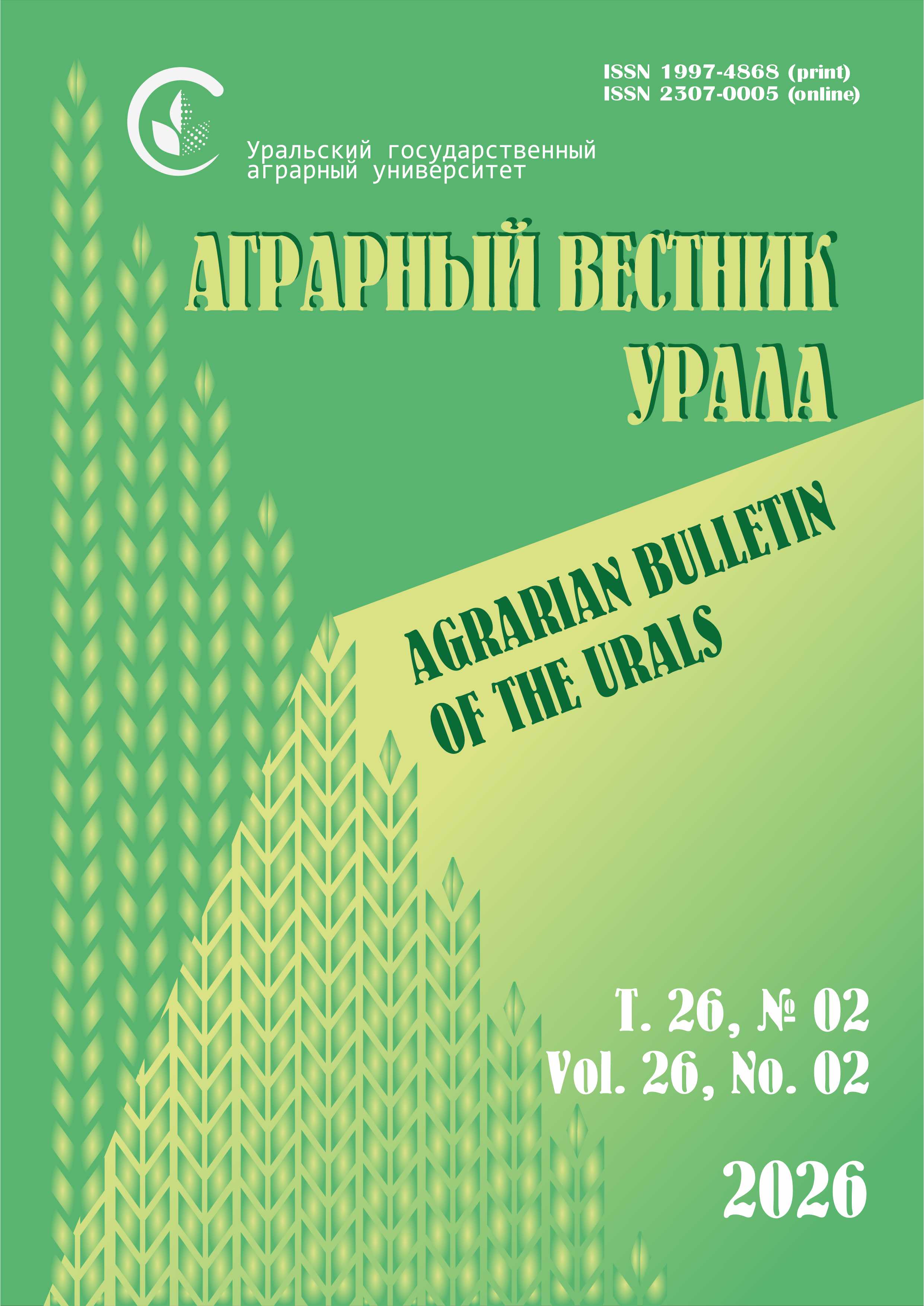Authors:
O. G. PETROVA, doctor of veterinary sciences, professor,
O. V. BADOVA, candidate of veterinary sciences, associate professor,
D. N. RECHKALOV, director,
Ural State Agrarian University (42 K. Libknehta Str., 620075, Ekaterinburg),
Ural Center of Monitoring of Complex Security Systems (620050, Ekaterinburg, ul. Shunting, d. 25).
Abstract. A comparative analysis of the epizootic situation in fish farms and fishing reservoirs of the Russian Federation showed differences in the figures for 2000 from 2014. By 2014, the number of fish farms and items surveyed increased by almost 3 times. At the same time, the number of farms unfavorable for fish diseases decreased by more than 4 times. Analysis of the given veterinary data on the problems of fish farms and fishing reservoirs suggests that infectious and invasive diseases of fish have the largest share. The study of fish pathologies in fish farms and fishing reservoirs showed the prevalence of some invasive diseases. An analysis of the epizootic situation in fish farms and fish reservoirs in Russia showed significant positive changes over the years from 2000 to 2014: the number of disadvantaged farms as a whole and for individual fish diseases decreased with an increase in the number of farms examined. In fish farms, parasitic diseases are more often diagnosed: botriocefolez, caviosis, phylometrociasis. In fish ponds, pathogens of diphyllobotriosis and opisthorchiasis that are dangerous to humans are recorded, which is especially important to know for the timely prevention of possible infection by heat treatment of fish. Infectious diseases of fish are less common, but the damage from them is very significant. The use of a complex of antiepizootic measures, the main element of which is epizootic monitoring, gives a positive result. The strategic decision is the course adopted by the International Epizootic Bureau (OIE) on the use of epizootological monitoring in order to prevent diseases of fish and other aquatic organisms.
Keywords: fish farming, epizootological monitoring, infectious, non-communicable and invasive diseases of fish, Ural, water bodies, fishing and water protection zones, hydrographic network, ecological situation, hydrochemical regime, interna- tional epizootic bureau.
Download the full text of the article.












